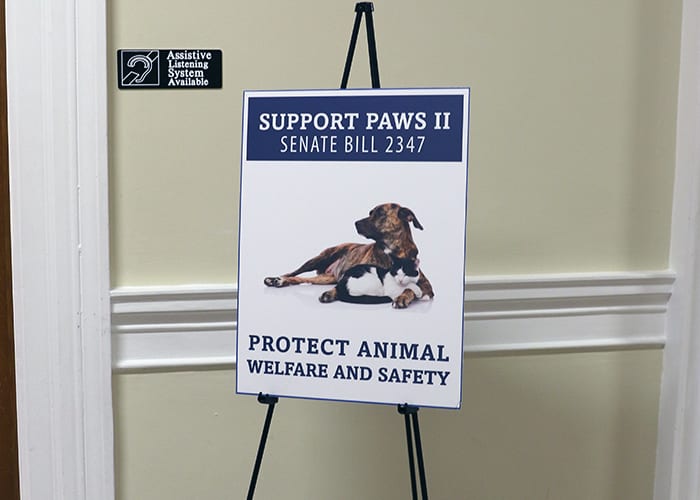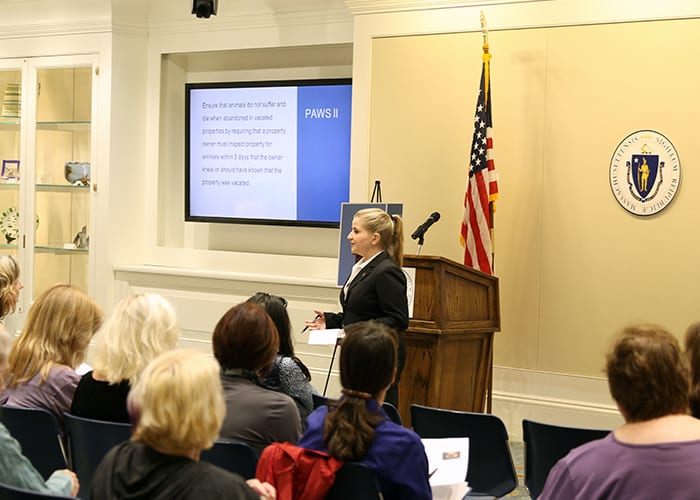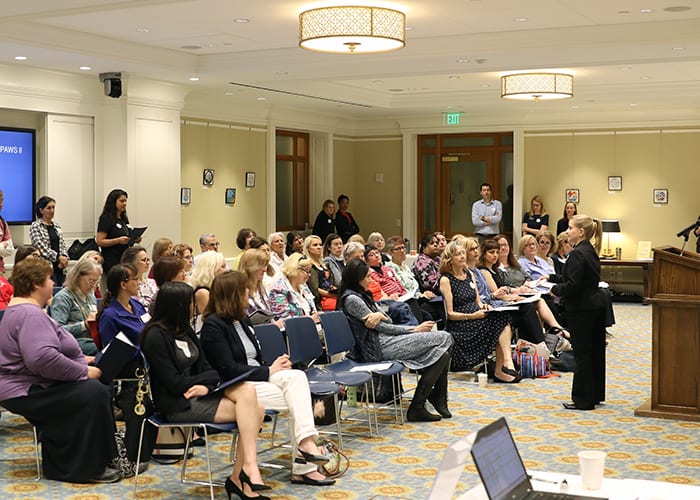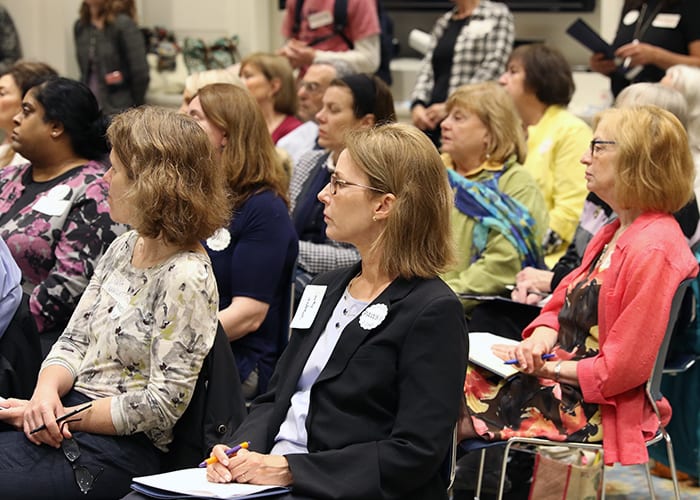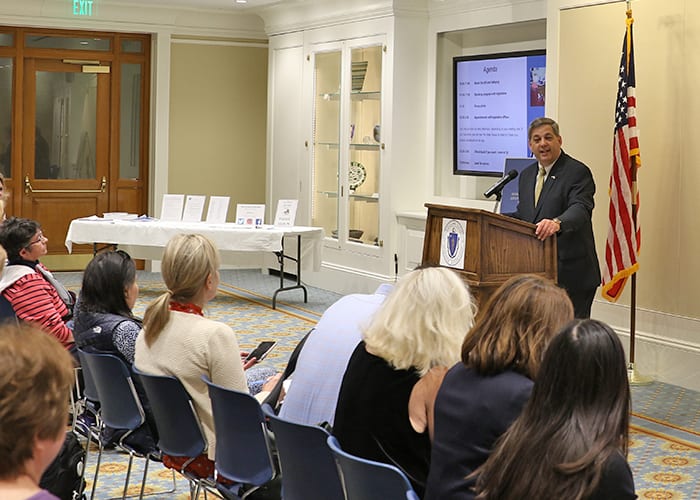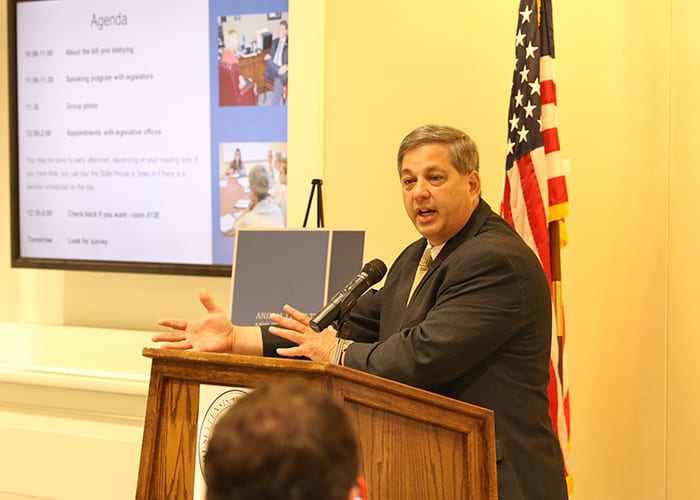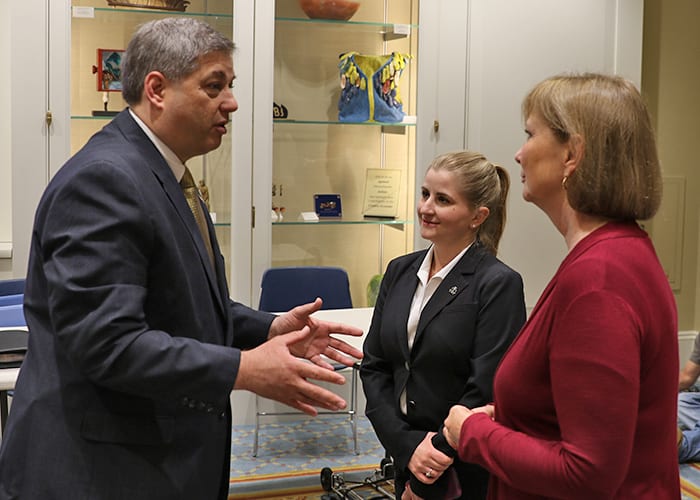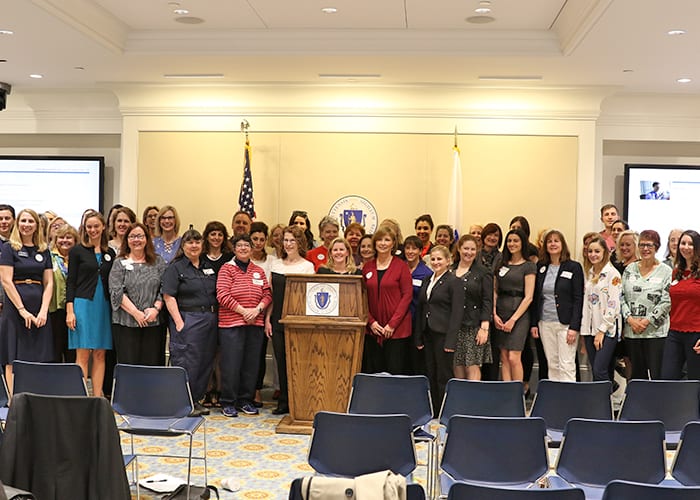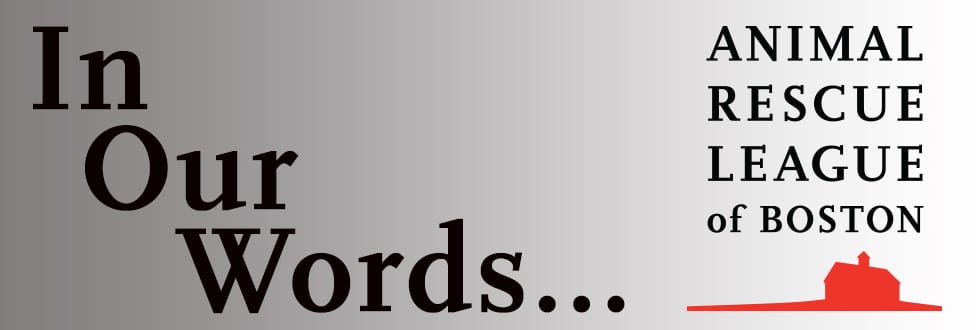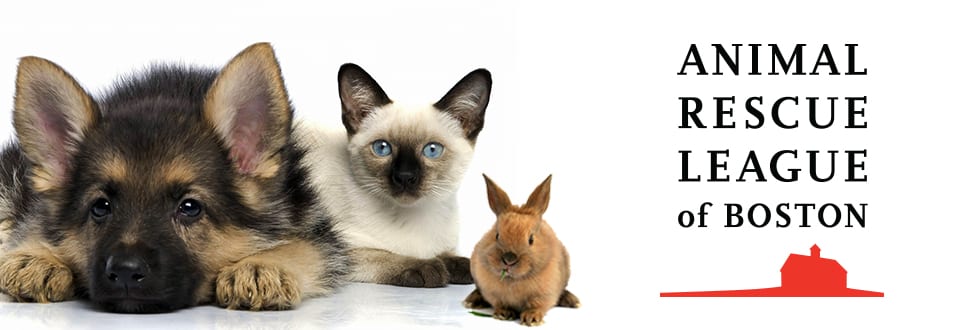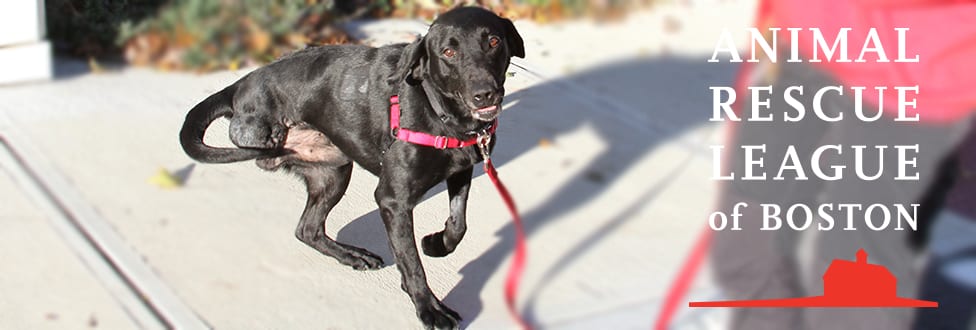Massachusetts House Passes PAWS II
Historical animal protection legislation closer to becoming state law
This week, the Massachusetts House of Representatives passed H.4565 – An Act to Protect Animal Welfare and Safety in Cities and Towns (PAWS II). The measure passed unanimously 145-0.
“The Animal Rescue League of Boston is thrilled with the outcome of this vote and offers heart-felt congratulations to the House of Representatives, particularly Representative Lou Kafka for sponsoring this bill, House Committee on Ways and Means Chairman Jeffrey Sanchez, and Speaker of the House Robert DeLeo for their continued efforts to further protect animals throughout the Commonwealth,” said ARL President Mary Nee.
The House and Senate will work together to prepare the bill for Governor Baker’s desk.
PAWS II is a far-reaching piece of animal protection legislation and includes the following provisions:
- Ensure that property owners check vacant properties for abandoned animals
- Prevent the automatic euthanasia of animal fighting victims
- Prohibit the drowning of animals
- Ensure efficient enforcement of animal control laws
- Prohibit sexual contact with an animal
PAWS II extends from the original PAWS Act which was passed in 2014 on the heels of the horrific 2013 discovery of a tortured dog in Quincy who would forever be known as Puppy Doe.
Along with increasing cruelty penalties and strengthening Massachusetts law, the original PAWS Act also created the Animal Cruelty and Protection Task Force. The Task Force examined areas of Massachusetts animal law that needed to be updated. PAWS II is the culmination of the task force’s work and recommendations.



